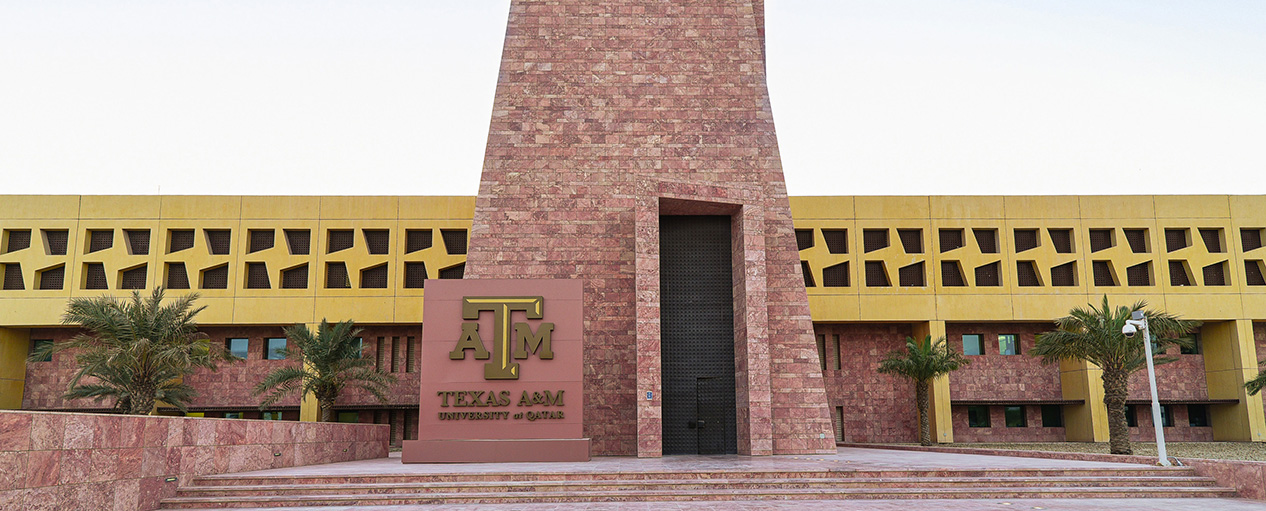TAMUQ opened its campus in 2003 to join five other US universities operating in Qatar’s Education City, a hub for learning and research which has attracted international students, academics and researchers.
Qatar Foundation has expressed disappointment over a decision by Texas A&M University’s Board of Regents on Thursday to close its campus in Doha’s Education City by the year 2028.
The university’s board had voted to shut down Texas A&M at Qatar (TAMUQ) over what the Board of Regents Chair, Bill Mahomes, cited as “heightened instability in the Middle East” following an assesment of the regional situation in late 2023.
An earlier report by the Texas Tribune said the decision came after Washington, DC think tank, the Institute for the Study of Global Antisemitism and Policy (ISGAP), questioned the partnership between QF and Texas A&M in light of the ongoing war in Gaza.
In a statement on Friday, QF said Texas A&M’s decision “has been influenced by a disinformation campaign aimed at harming” its interests, noting that the university’s board did not attempt “to seek out the truth from Qatar Foundation before making this misguided decision.”
However, the statement fell short of detailing the disinformation campaign against QF.
“It is disturbing that this disinformation has become the determining factor in the decision and that it has been allowed to override the core principles of education and knowledge, with no consideration to the significant positive impact that this partnership has brought for both Qatar and the U.S.,” QF said.
The Qatari organisation added that “it is deeply disappointing that a globally respected academic institution like Texas A&M University has fallen victim to such a campaign and allowed politics to infiltrate its decision-making processes.”
“QF has a long-term vision for creating a world-class ecosystem of education, research, and social development. This has seen us form partnerships with international higher education institutions to establish campuses in Education City in Doha and deliver undergraduate and graduate level programmes,” the statement said.
The Qatari institute stressed that decisions were “based on any consideration other than the best interests of students and their pursuit of education and knowledge will not impact” its higher education vision.
“We have always firmly believed that education should be above vested interests and harmful influences, and we always will,” QF said.
The university separately said in a statement that “by the middle of the 21st century, the university will not necessarily need a campus infrastructure 8,000 miles away to support education and research collaborations.”
It said that the university will assemble a team to ensure students complete their education before its closure in Qatar and to support its faculty and staff. Texas A&M also said it will fulfill its research obligations within the next four years.
“Over the last two decades, the Qatar campus has advanced ideals, graduated exceptional Aggie engineers, and is cemented as an important legacy of Texas A&M,” General (Ret.) Mark A. Welsh III, president of Texas A&M University, said in the statement.
“As we look to the future of our land-, sea- and space-grant university, the global exchange of research and education will continue to be integral to our world-class campuses here in the U.S,” he added, without mentioning the accusations levelled against the campus in Qatar.
TAMUQ opened its campus in 2003 to join five other American universities operating in Education City, a hub for learning and research which has attracted international students, academics and researchers.
On November 27, 2023, ISGAP echoed accusations of Qatar funding Hamas and having relations with the Muslim Brotherhood, a claim that the Gulf state has repeatedly and vehemently rejected. Notably, Qatar opened the Hamas office in 2012 in response to a request from the U.S, which has proven to be pivotal in recent mediation efforts.
Texas A&M system spokesperson Mike Reilly separately said that the “misinformation campaign had no bearing on Thursday’s decision by the Board of Regents,” as quoted by the Texas Tribune.
Reilly maintained that the decision was made “following a close analysis of the university’s mission and the evolving political situation in the Middle East.”
“Discussions about branch and remote campuses are ongoing and had begun before false information was reported about Texas A&M and Qatar,” Reilly said.







